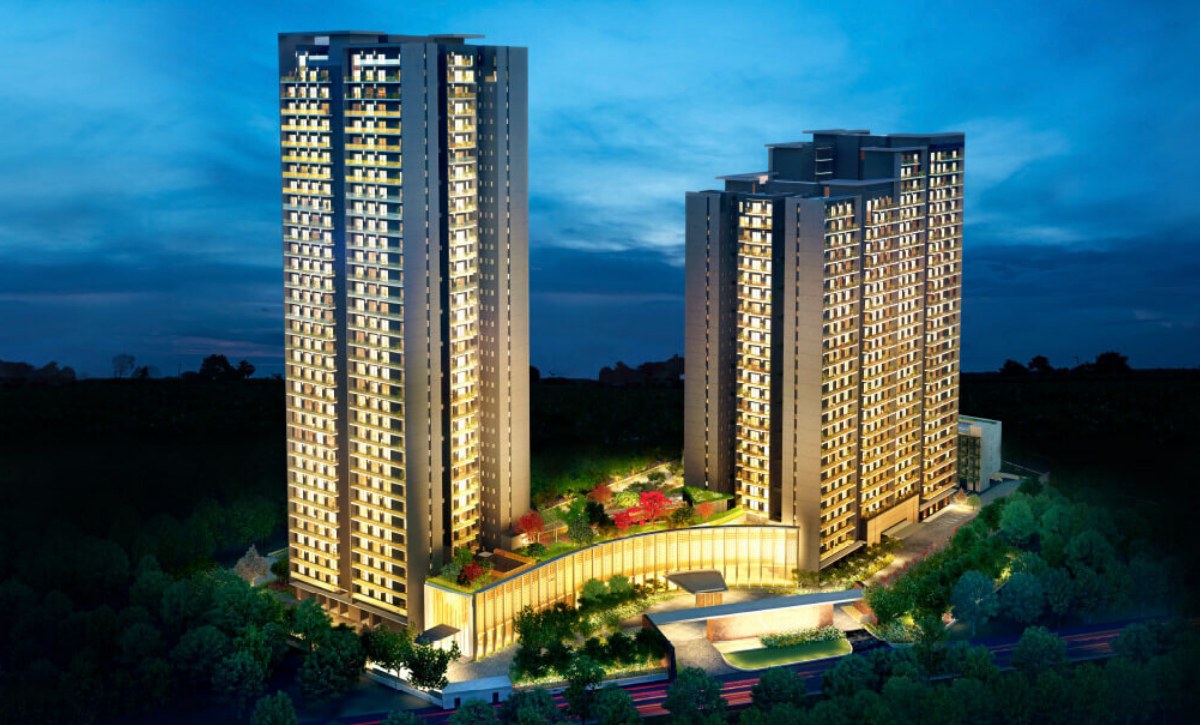Real estate in India has been one of the most dynamic sectors, significantly contributing to the nation's economic growth. Over the past decade, the market has undergone tremendous changes, driven by economic reforms, urbanization, and government policies. This article will dive into the current trends, opportunities, challenges, and the future outlook of real estate in India.
1. Current Trends in Indian Real Estate
The Indian real estate sector has experienced significant shifts due to various factors such as digital transformation, increasing demand for affordable housing, and the growth of commercial spaces. Let's take a closer look at some of these emerging trends.
a) Affordable Housing on the Rise
Affordable housing has become the cornerstone of the Indian real estate market, driven by government initiatives like Pradhan Mantri Awas Yojana (PMAY). With a mission to provide "Housing for All," the government aims to build millions of affordable homes across urban and rural India by 2024. This sector attracts a large number of first-time buyers, investors, and developers.
b) Digital Transformation
Technology has revolutionized how properties are marketed, bought, and sold in India. With the advent of artificial intelligence (AI), virtual reality (VR), and online property portals, the process of home buying has become more streamlined. From virtual tours to AI-driven property recommendations, technology is creating new experiences for homebuyers and developers alike.
c) Growth in Co-working and Commercial Spaces
With the rapid growth of startups and the gig economy, co-working spaces have become increasingly popular in cities like Bengaluru, Mumbai, and Delhi. This trend is not limited to large metropolitan areas but is expanding to smaller cities as well. Commercial real estate, including office spaces and retail complexes, remains a major growth driver in Indian real estate.
2. Opportunities in the Indian Real Estate Market
Despite challenges, the Indian real estate market continues to present immense opportunities for growth, driven by favorable demographics, increasing disposable incomes, and government policies.
a) Foreign Direct Investment (FDI)
India has become a favorable destination for foreign direct investment in real estate due to relaxed FDI norms and regulatory reforms like the Real Estate (Regulation and Development) Act, 2016 (RERA). This has created an environment of transparency and accountability, attracting more global players into the market.
b) Real Estate Investment Trusts (REITs)
The introduction of REITs in India has opened new avenues for investors. By allowing fractional ownership of commercial properties, REITs have made real estate investment more accessible to retail investors. This model is expected to gain more traction, providing a boost to the commercial real estate segment.
c) Urbanization and Smart Cities
India is undergoing a significant urban transformation. With more than 600 million people expected to live in cities by 2031, the demand for residential and commercial properties will continue to grow. The Smart Cities Mission is also creating new opportunities for real estate development in the form of sustainable, technology-driven urban spaces.
3. Challenges in Indian Real Estate
While the Indian real estate sector offers numerous opportunities, it also faces several challenges that developers, investors, and policymakers need to address.
a) Regulatory Hurdles
Despite reforms like RERA, the sector still faces regulatory challenges, including lengthy approval processes and unclear land titles. These obstacles increase project timelines and costs, impacting profitability for developers.
b) Liquidity Crunch
The Indian real estate market has been grappling with a liquidity crunch, exacerbated by the non-banking financial companies (NBFCs) crisis. This has led to delayed project deliveries and a slowdown in new developments.
c) Economic Uncertainty
Global economic factors, inflation, and changing interest rates have an impact on real estate investments. Investors and developers must navigate these uncertainties to ensure long-term growth.
4. Future Outlook for Indian Real Estate
The future of real estate in India appears promising, with increasing demand for residential, commercial, and industrial spaces. As urbanization accelerates and technology continues to transform the industry, several trends are expected to shape the sector:
-
Sustainability and Green Buildings: There is growing awareness and demand for sustainable buildings that minimize environmental impact. Developers are increasingly adopting eco-friendly construction methods and materials.
-
Technology Integration: AI, machine learning, blockchain, and smart home technologies will further enhance the real estate experience, making property transactions more efficient and secure.
-
Rise of Tier-2 and Tier-3 Cities: As Tier-1 cities become saturated, investors are exploring opportunities in Tier-2 and Tier-3 cities. These areas offer lower property costs and growing infrastructure, making them attractive for developers and buyers alike.
Conclusion
The real estate sector in India is at an exciting juncture, with new trends, opportunities, and challenges shaping its growth. While affordable housing and commercial spaces are driving demand, the infusion of technology is enhancing the overall experience for buyers, sellers, and developers. With government support and regulatory improvements, the future of real estate in India looks poised for significant growth.
For both investors and buyers, staying informed about market trends and understanding the evolving dynamics will be key to making successful real estate decisions in the coming years.
To buy RERA Certified & DTCP Approved Gated Community Villa Open Plots in Andhra Pradesh & Telangana please contact:
For Sales : 8179712384
Mail : sales@openplots.net
